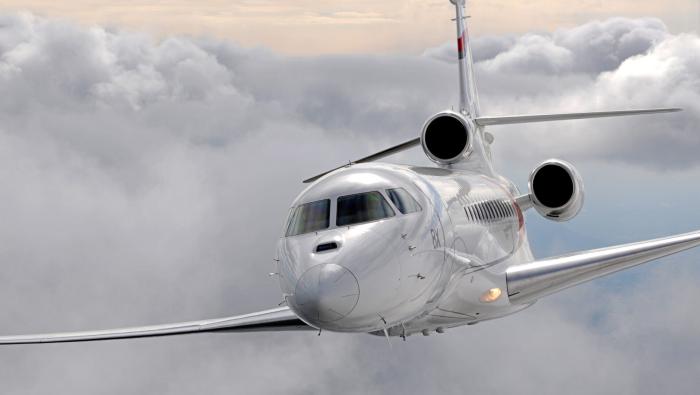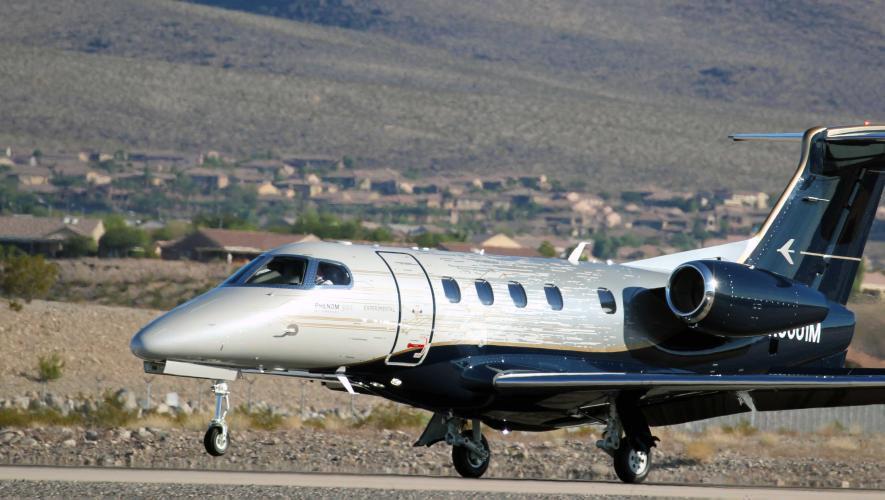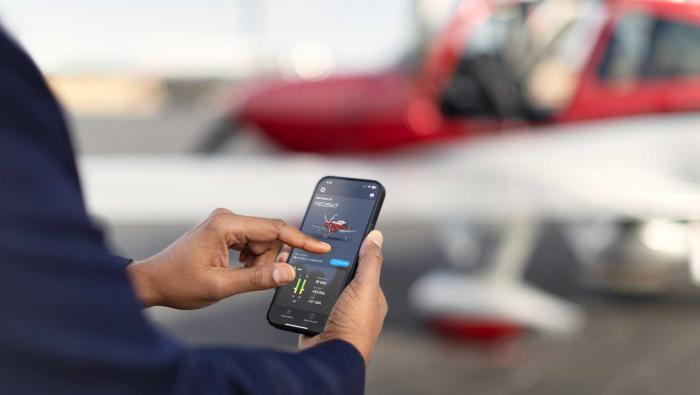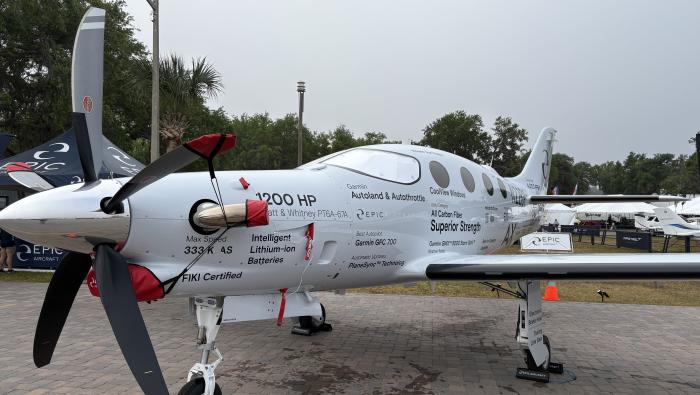Boeing insists its internal timeline for its proposed new midsized airplane (NMA) remains intact and that it will determine next year whether or not to launch the program. However, the U.S. airframer might have to accelerate its pace following indications that Airbus next year might greenlight the launch of a rival model in the 200- to 270-seat segment, the A321XLR. The longer-haul version of the 4,000-nm-range A321LR could bring the Airbus variant close to the capabilities of Boeing’s proposed NMA while beating the latter’s service entry target by a couple of years.
“It takes a long time to get it right,” Boeing Commercial Airplanes v-p of marketing Randy Tinseth told AIN, rebuffing suggestions that the NMA process appears elongated. Boeing started talking about a potential replacement for its 757 in 2012 and the new model would enter service in the middle of the next decade. “Maybe this is an airplane where we are a little more boisterous in the market on what we are thinking and planning,” he reckoned.
The development of the business case for Boeing’s proposed NMA, a midsize airliner with 220 to 270 seats and a range of 5,000 nm, continues apace, Tinseth said. “We engaged with our customers, we worked to understand the market. There is not a lot to share about what has changed because what we are doing now is really inside [Boeing],” he said. The OEM is considering available technologies, production systems and capabilities, and whether or not it can build the new model at a cost that the market would accept. Boeing will decide on the plan next year, he stressed, though he cautioned the decision will depend purely on the business case. “There have been times where we worked really hard on programs and we decided they would not be economically viable,” he said.
Meanwhile, the development of the 777X remains on schedule for an on-time delivery to launch operator Emirates in the first half of 2020. “The good news here is that there is no news,” asserted Tinseth. The delays in the 787 and 747-8 programs proved “tough lessons” for the company as it tried to do too many things in too short a period of time, he admitted. “We have a better discipline now,” he explained.
Boeing teams last week completed the final body join of the first 777-9 flight test aircraft in its Everett, Washington facility. The company has won 340 orders and commitments for the 777X from seven airlines. Emirates plans to take 150 examples and Lufthansa remains the only European airline for the 777’s newest family member, with an order for 34.
Speaking in Brussels at the company’s new office near the European Commission and the European Parliament buildings, Tinseth upheld Boeing’s long-term positive outlook that forecasts a demand for 42,700 new aircraft in the next two decades on the back of continued economic and traffic growth. Boeing expects global passenger traffic to grow by 4.7 percent annually and cargo traffic by 4.2 percent, despite signs of increased protectionism and trade wars, potential acts of terrorism, geopolitical tensions, and infrastructure capacity shortages. “I do not want to downplay all of these challenges, but look at the past seven, eight years: the market has been amazingly resilient despite some of these challenges,” he noted.
One of the trends that concerns Tinseth the most, he told AIN, centers on fuel price volatility. “I can’t imagine managing a business where your biggest cost item fluctuates 40 percent in a year,” he said. “That is a challenge.”
Boeing sees a clear recovery of the cargo market and an uptick in demand for full freighters, for a total of 980 new pure cargo airplanes and 1,670 passenger-to-cargo conversions in the next 20 years. “We saw the market coming back a little over two years and demand has outpaced capacity growth,” noted Tinseth. “Our customers have taken their [parked] aircraft out of the deserts and exhausted the supply.” Since January 2017, Boeing drew orders for 128 incremental widebody full-freighters—747-8Fs and 777Fs—and 767 or 737-800 BCFs.
On Tuesday, Boeing added an order from Turkish Cargo for an additional three 777-200LRFs, scheduled for delivery in September 2019, January 2020, and February 2020, complementing the Istanbul-based carrier’s purchase of three examples in January. According to its investor relations presentation, Turkish Airlines operated 20 cargo aircraft at the end of September, including three 777Fs, 10 Airbus A330-200Fs, and seven wet-leased aircraft.







